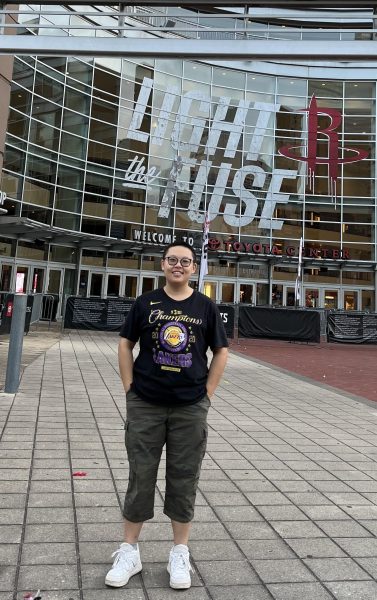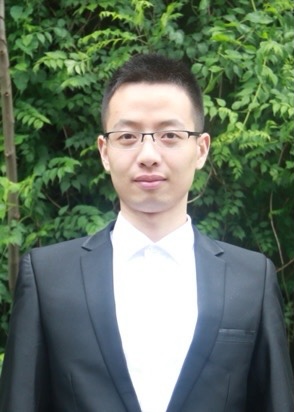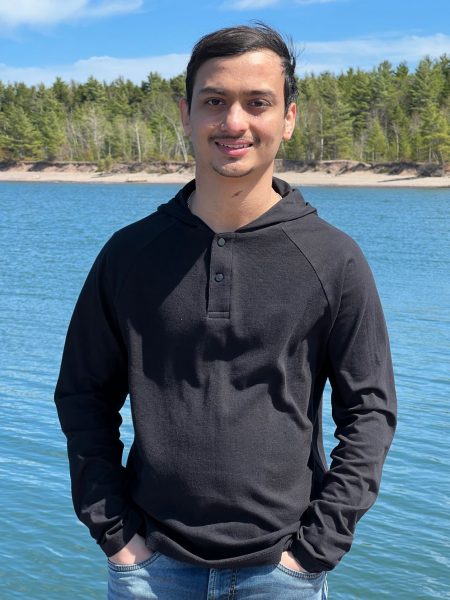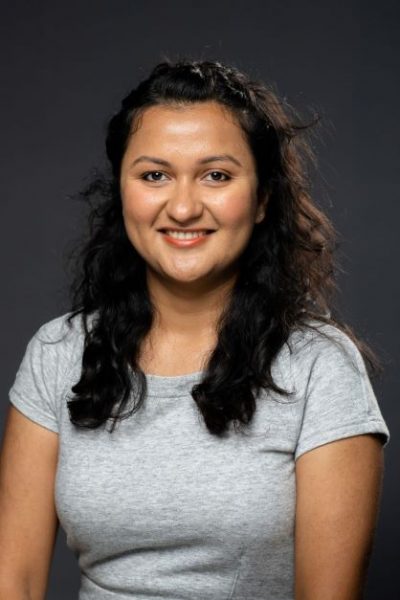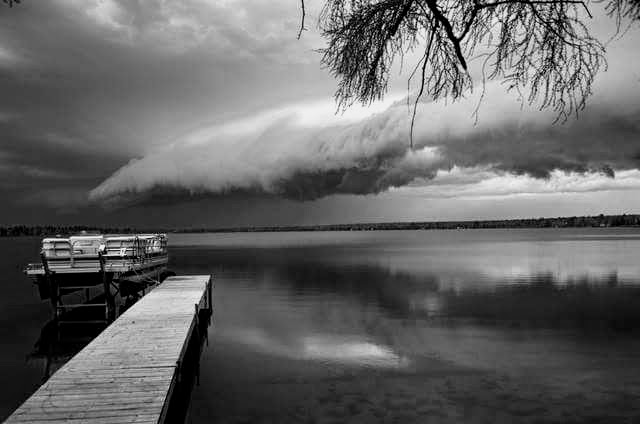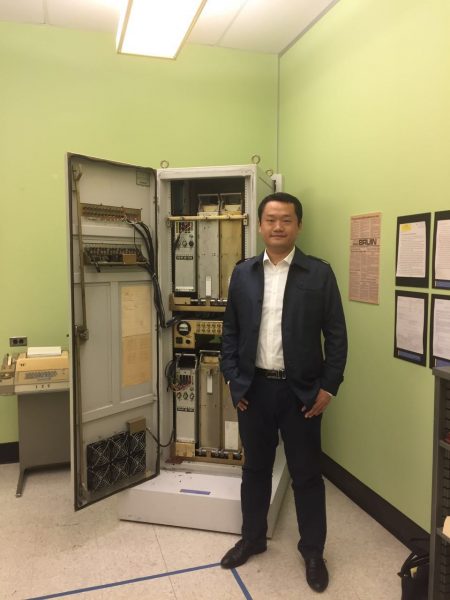My PhD started in Fall 2016 at the Department of Mechanical Engineering-Engineering Mechanics. My research activities centers around the project titled “High BMEP and High Efficiency Micro-Pilot Ignition Natural Gas Engine”. The objective of DOE project in partnership between MTU and Westport is to develop a robust combustion system for a low-cost, low diesel contribution, premixed charge medium/heavy duty (MHD) natural gas engine. The research goal with respect to my contribution is to develop a novel physically based ignition model for micro-pilot diesel NG dual fuel combustion leveraging results obtained from S&CV, engine data, and analytical modeling. Ignition delay in micro-pilot diesel NG dual fuel engines is of critical importance to the operation and control as it directly affects the combustion phasing, initial heat release, and combustion stability.
I greatly appreciate the Graduate Dean Awards Advisory panel for awarding me the fellowship. I am grateful to my advisors, Dr. Naber and Dr. Shahbakhti, and the department for all their support along my amazing journey.

